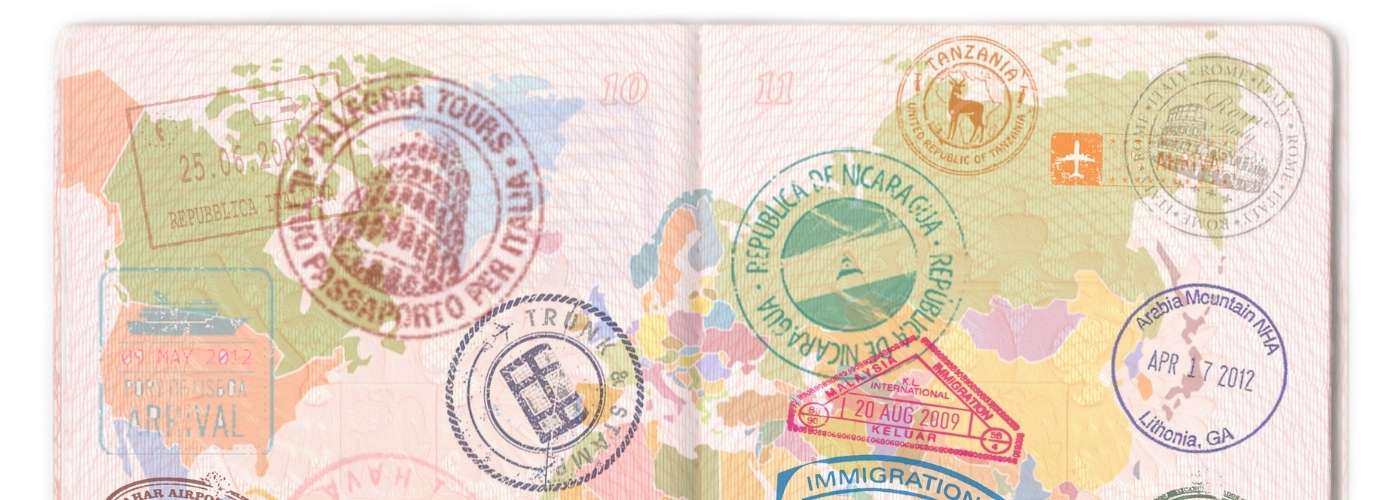So, Eric Schmidt wants to be a Cypriot.
Maybe you’ve heard of Eric, maybe not. He was a head honcho at Google for nearly two decades before he left this past May. Of course, that’s neither here nor there because what’s important about Eric Schmidt today is that last month he and his family earned approval for citizenship in Cyprus. Eric, I should note, is not Cypriot by birth. Or marriage. Or heritage.
Instead, he’s an American billionaire buying a passport as part of the Mediterranean nation’s “Citizenship by Investment” program.
Now, to be clear, I am not faulting Eric in the slightest. And there’s nothing at all wrong with what he’s doing. Eric is pursuing a strategy that’s smart for himself and his family: second citizenship. And because he has the necessary cash, he’s doing so efficiently, meaning he’s paying for immediate citizenship instead of pursuing paths that take longer.
Alas, some of us don’t have $2 million to $3 million to throw at a Cypriot passport—or any of the many different passports that various nations sell these days. But that doesn’t mean we’re locked out of the second citizenship game. There are other ways to obtain citizenship and, ultimately, that much-desired second passport. The two easiest routes: citizenship through heritage, and citizenship through naturalization (the path I’m currently pursuing through residing in the Czech Republic).
But before I tell you about these options, let me address a question I always hear from so many American friends: “Why would you want a second passport anyway? America’s passport is the best!”
Well…no. Not so much, really.
As the pandemic has frustratingly demonstrated, the American passport, usually globally respected, can instantly morph into documenta-non-grata (a totally made up phrase) in much of the world. Indeed, as a result of Americans being shunned across so much of the globe, the value of an American passport has plunged. True, that’s largely a function of an inept government response to a historic public health crisis, but it still underscores the point that relying on a single passport to open doors isn’t without risks.
Moreover, Uncle Sam’s identity documents carry a degree of risk in a geopolitically unstable world. And a U.S. passport actually can limit you in terms of banking and finance outside the U.S., for various reasons I’ll save for another column. (Having money outside the U.S.—legally—reduces your exposure to a dollar crisis and/or a U.S. government/financial crisis).
Ultimately, I think of owning a second passport no differently than I think of owning stocks and bonds: It’s a type of diversification. In this case, it’s geopolitical diversification in that, if the U.S. ever lapses into a serious, existential crisis, you possess a document that will not only provide you entry to someplace safe, it will allow you to live there (and work there, if necessary). There’s high value in that.
And before I move on, let me note that holding a second passport is legal for Americans, so no worries there. However, you will need to check with the country where you might wish to gain citizenship. Not all allow dual citizenship, which means you would have to renounce your U.S. citizenship and passport.
That said, here are some of the countries to consider for citizenship through heritage or through naturalization…
Through heritage, I would tell you to look at a host of European countries including: Ireland, Italy, Spain, the U.K., Poland, Lithuania, Latvia, Germany, Luxembourg, Portugal, Hungary, Greece, Slovakia, and Armenia. Outside of Europe, check out Israel, Mexico, India, Ghana, South Africa, Bermuda, Chile, and Australia. By the way, that’s not an exhaustive list. I’m just sharing these to demonstrate the breadth of possibilities.
As for the naturalization path, there are faster and slower options, and by slower I mean countries that require you to live locally for seven to 10 years, sometimes longer.
Among the fastest for gaining citizenship through naturalization: Argentina and Peru, at basically two years each. Canada and Poland offer the possibility after just three years (that makes Poland the fastest path to a European Union passport, which then affords access to live and work anywhere in the EU; just remember, though, that you have to learn Polish).
Brazil is four years.
And a host of interesting countries offer citizenship after just five years of residency: Belgium, Belize, Chile, Colombia, Czech Republic, Finland, France, Indonesia, Ireland, Jamaica, Latvia, Mexico, New Zealand, Panama, Singapore, Sweden, the U.K., and Uruguay. Again, not a complete list. But it offers you a broad swath of the world to research, assuming you want to pursue citizenship and a passport outside the U.S.
At the end of the day, Eric Schmidt represents a growing trend as an increasing number of Americans search for citizenship opportunities abroad.
If you have the cash to buy citizenship (that typically starts in the $100,000 to $250,000 range), then go for it. Otherwise, start rooting through your family tree…or, like me, find a country you love, settle in for a few years, and soon enough you’ll be a citizen with a local passport.
By Jeff D. Opdyke

